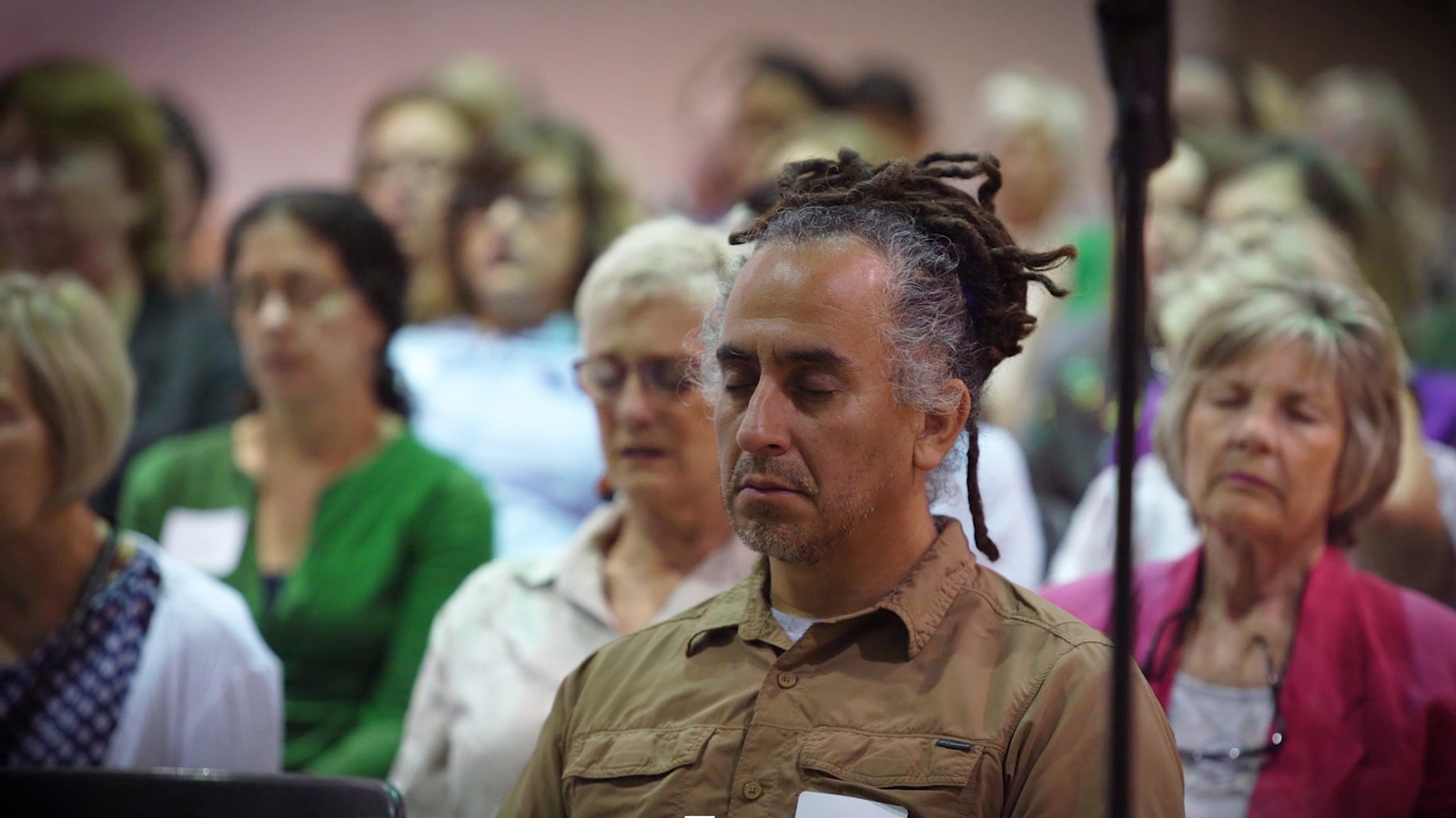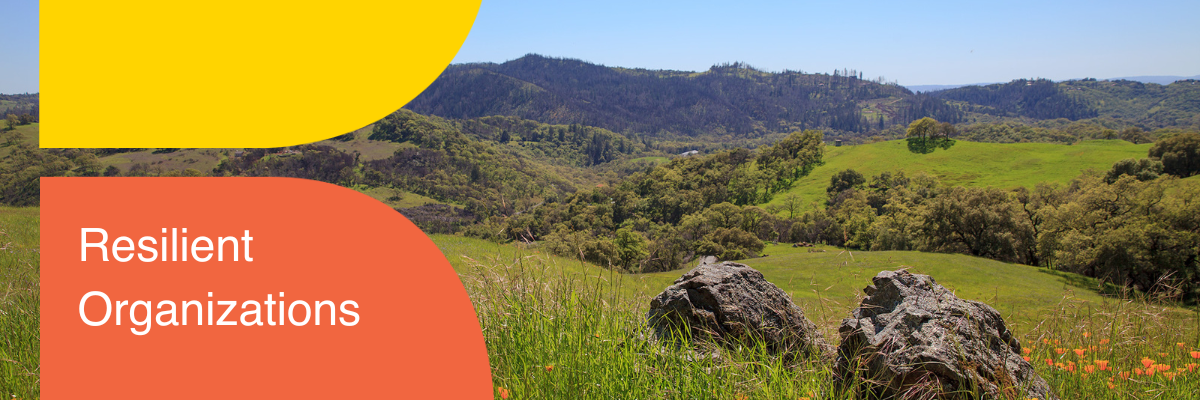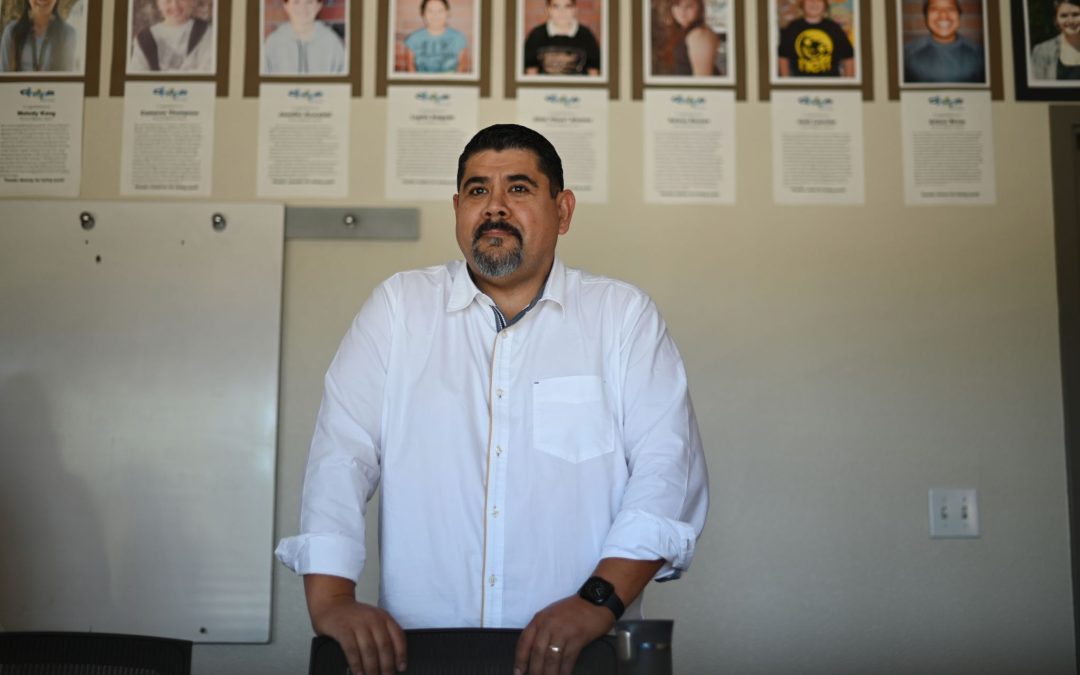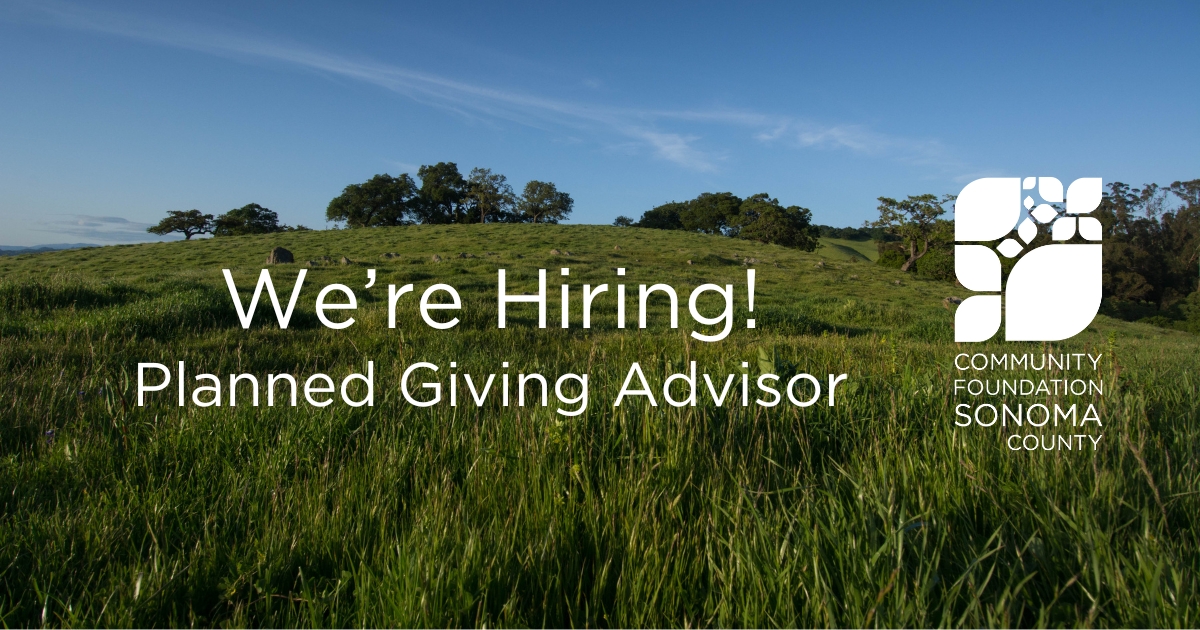Studies show that widespread trauma and PTSD reactions are common after natural disasters, something we know all too well in the aftermath of the Kincade Fire, when stress levels and anxiety spiked for many of us.
Unaddressed trauma has long-term effects on children’s performance in schools, on adults struggling to maintain steady employment, and on relationships. While many people are able to move past trauma independently, others need help to address the effects of PTSD, depression, and anxiety. Knowing this, we have invested nearly $1.5 million in healing program grants through our Resilience Fund, including the Sonoma Community Resilience Collaborative.
Since launching the collaborative, over 300 community members have been trained to lead dynamic self-healing workshops and small skills groups. These free activities are open to community members feeling the effects of trauma and could use help learning new coping and stress reduction skills.
Our Director of Communications, Caitlin Childs shares her experience from attending a skills group, “one of the core concepts of mindfulness centers around getting present in your body. In our group, we are learning to use techniques like breathing, meditation, and physical movement to re-set our fight of flight instincts and build calming skills. On the surface, it can sound a little bit out there to say that just closing your eyes and breathing could have long-term positive effects on your health, but the science of panic and trauma all points to the power of our mind’s ability to control our bodies. The skills I’ve learned in a few weeks of this group are going to stick with me far beyond this initial time investment. It can be a bit vulnerable to ask for help, or seek healing outlets, I’m in awe of the bravery of my group members, and I’m so grateful that we’ve been able to help fund this program through the Resilience Fund.”
If you are interested in signing up for a group, or want to learn more, please visit the Resilience Collaborative website for a full list of upcoming public groups.











